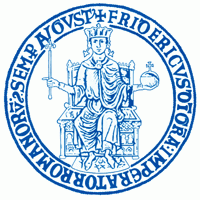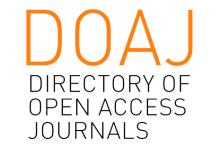Resource information
Transport energy consumption accounts for about one third of total energy consumption in EU. Despite significant advances in transport technology and fuel formulation, transport energy consumption has increased in most EU countries over the last three decades. This increase in consumption occurred as a result of factors such as higher car ownership, a growth in automobile use and an increase in vehicle distances traveled. As travel and land-use are a function of one another, it is often hypothesized that changing urban structure can result in changes in energy consumption. Understanding how different land use characteristics may influence travel behaviour and the corresponding energy consumption is crucial for planners and policy makers in order to develop strategic actions to shrink the environmental footprint of the urban transportation sector. The aim of this article is to review the current literature on the connections between land use, travel behavior and energy consumption. In particular, this paper seeks to identify the determinants of transport energy consumption in urban areas by reviewing evidence from empirical studies. To this aim, nine characteristics of land use are presented and their effects on both travel behaviour and energy use are discussed Our review shown that, in contrast to the focus on the effect of the built environment on travel, only few researchers have empirically investigated the linkage between the built environment and transportation energy use.
The research described in this paper has been developed within the PON04a2_E Smart Energy Master project. It represents part of a much broader research project aimed at the development of an integrated model of urban energy efficiency.



